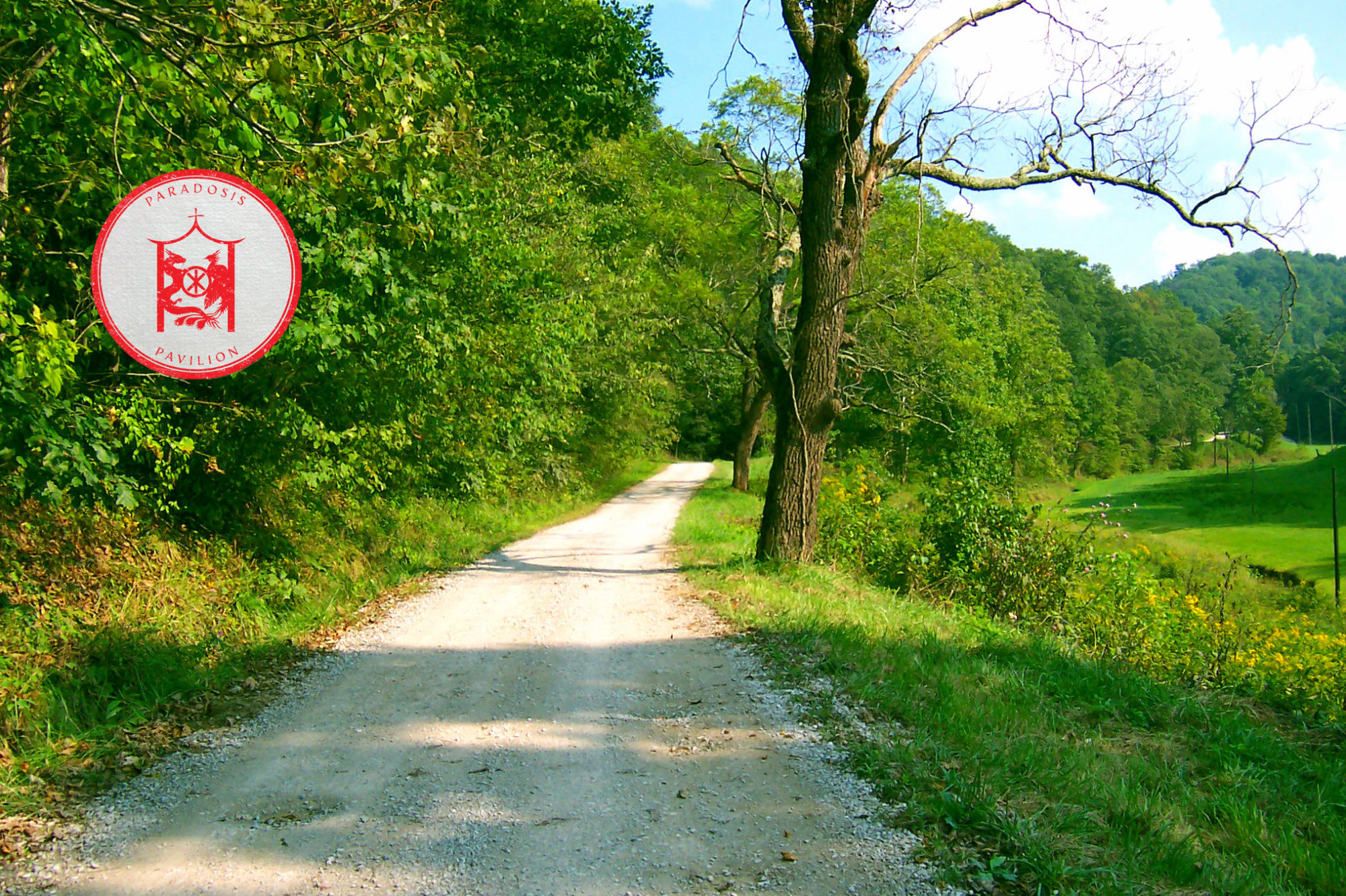
An Orthodox Christian holds to the right Faith (expressed by correct doctrine, believed with the heart, and confirmed through action) and also offers right worship from the heart to the true and living God.
Orthodox worship reflects the heavenly worship of the noetic powers, the various kinds of bodiless angelic beings. Through our worship, we actually participate in this unceasing heavenly worship.
Often, we pray the Trisagion Prayer as part of our private prayers and together in our communal worship as the Church. Through this prayer, we call upon the true God: Father, Son, and Holy Spirit. We recite the Trisagion (Thrice-Holy) Hymn of the angels: Holy, Holy, Holy. Remembering Who God Is, we ask for His Presence to be made real on earth (daily through our lives until the heavenly kingdom arrives fully at Christ’s return). We also ask for our loving God to grant us His mercy, forgiveness, healing, and good strength to resist the evil one so that we may stay on the Way of salvation.
Pray the Trisagion Prayer at the beginning of your established times of prayer in the morning and evening. Learn the prayer with your mind, but also learn to say it with your heart focused on God.
(Make the sign of the Cross upon yourself at the places marked with a cross (+).
The Trisagion Prayer
+ In the Name of the Father, and of the Son, and of the Holy Spirit. Amen.
Glory to thee, our God, glory to thee.
O heavenly King, O Comforter, the Spirit of truth, who art in all places and fillest all things; Treasury of good things and Giver of life: Come and abide in us and cleanse us from every stain, and save our souls, O Good One.
+ Holy God, Holy Mighty, Holy Immortal: have mercy on us.
+ Holy God, Holy Mighty, Holy Immortal: have mercy on us.
+ Holy God, Holy Mighty, Holy Immortal: have mercy on us.
+ Glory to the Father, and to the Son, and to the Holy Spirit: now and ever and unto ages of ages. Amen.
All-holy Trinity, have mercy on us. Lord, cleanse us from our sins. Master, pardon our iniquities. Holy God, visit and heal our infirmities for thy Name’s sake.
Lord, have mercy. Lord, have mercy. Lord, have mercy.
+ Glory to the Father, and to the Son, and to the Holy Spirit: now and ever, and unto ages of ages. Amen.
Our Father, who art in heaven, hallowed be thy Name; thy kingdom come; thy will be done on earth, as it is in heaven. Give us this day our daily bread; and forgive us our trespasses, as we forgive those who trespass against us; and lead us not into temptation, but deliver us from evil.
+ Through the prayers of our holy Fathers, Lord Jesus Christ our God, have mercy on us and save us. Amen.
Text (except for the text of the Trisagion Prayer above) copyright © 2017 by Fr. Symeon D. S. Kees



